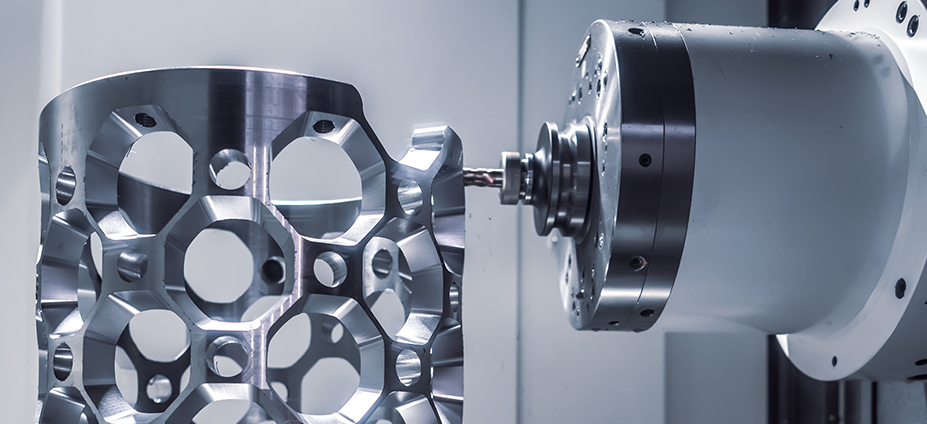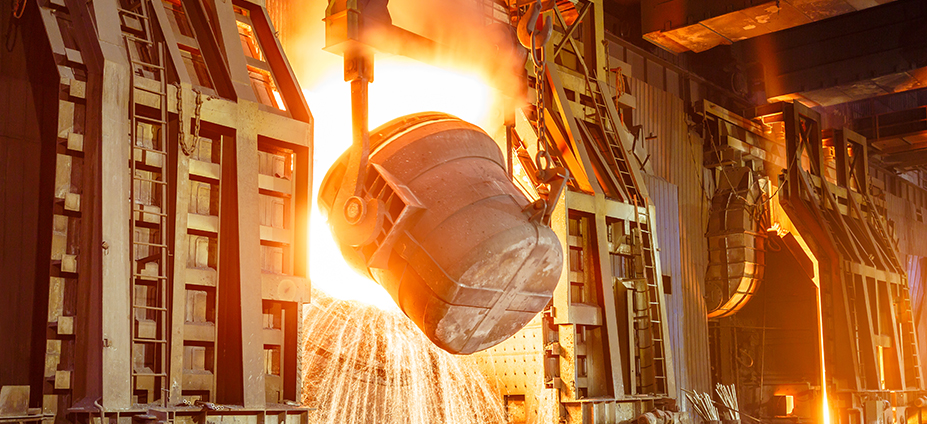Further enhancing sustainability with recycled propylene glycol
Our sustainability work continues. We are now using recycled raw material in our industrial glycols, significantly reducing carbon dioxide emissions without compromising on quality.
“Switching to a product with recycled glycol should be an easy choice for most people,” says Henrik Sundborg, Product Manager Metal Working & Chemicals at FUCHS.

First up is RENOLIN MPG R 5 MIX 30. MPG stands for monopropylene glycol, another name for propylene glycol, and this is a ready-mixed product with a concentration of 30% MPG. It has been specially developed for cooling spindles in CNC machines, which can get very hot while working, but can be used for all circulating systems for heating or cooling in industry.
RENOLIN MPG R 5 MIX 30 has extremely good cooling properties, is diluted with deionised water for enhanced corrosion protection, and optimised to ensure a long useful life. As well as being free of silicates, nitrites and phosphates, the product also has low toxicity.
If you need glycol in your industrial machinery, recycled glycol can help you reduce your environmental footprint. This is because the recycling process has very low environmental impact compared to producing virgin glycol. Manufacturing propylene glycol using virgin raw materials is an energy-intensive process, and there is a significant difference in energy consumption compared to the MPG recycling process.
Even more sustainable thinking
By choosing reused over newly produced glycol, you’re helping to reduce CO2 emissions by around 50% – for each kilo of recycled MPG you use. And that’s not all. When you use recycled glycol in your industrial machinery, you don’t ‘only’ reduce your CO2 emissions, you also save on energy costs. You also simultaneously reduce the amount of waste both from used coolants, and from the emissions that producing new chemicals generates.
“Switching to a product with recycled glycol should be an easy choice for most people,” says Henrik Sundborg, Product Manager Metal Working & Chemicals at FUCHS, “as there’s no difference in quality between recycled and virgin glycol. Needless to say, our products that contain recycled raw materials undergo just as strict quality controls as those produced from virgin materials.”
Just the start
This is a major step forward, and FUCHS will continue to introduce more products based on recycled materials.
– “We have stable access to recycled MPG. We have to,” says Henrik Sundborg. “We know that the future will bring new requirements, which is why we’ve long focused on research and development.”
“Sustainability is one of the most important topics in our discussion with customers. We’re always talking about potential solutions and improvements in our field,” says Nicklas Gustafsson Sales Director Industry at FUCHS. “It’s second nature for us to work alongside our customers when it comes to sustainability, which is such a vital future issue.”
“We’ve already been working with alternative base oils for 20 years and believe we’re extremely knowledgeable in the area. We may only be highlighting one product right now, but we’re working on several similar ones which will be hitting the market soon. This is just the beginning,”Henrik Sundborg concludes.
This might also interest you

Industrial lubricants
Whether generating and transmitting energy, reducing or transmitting driving forces, generating cooling or compressed air, or for machine tool applications and in many other areas of production, industrial lubricants have a key task to perform. Many processes only run smoothly with specially-made lubricant solutions.

Biodegradable lubricants
At FUCHS, we believe it’s our duty to do whatever we can to minimise our products’ impact on the environment and people, both directly and indirectly. One way of achieving this is to replace non-renewable components with ingredients that are renewable and readily biodegradable.
Want to know more?

Henrik Sundborg
Product Manager
Metal Working & Chemicals
henrik.sundborg@fuchs.com